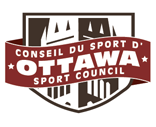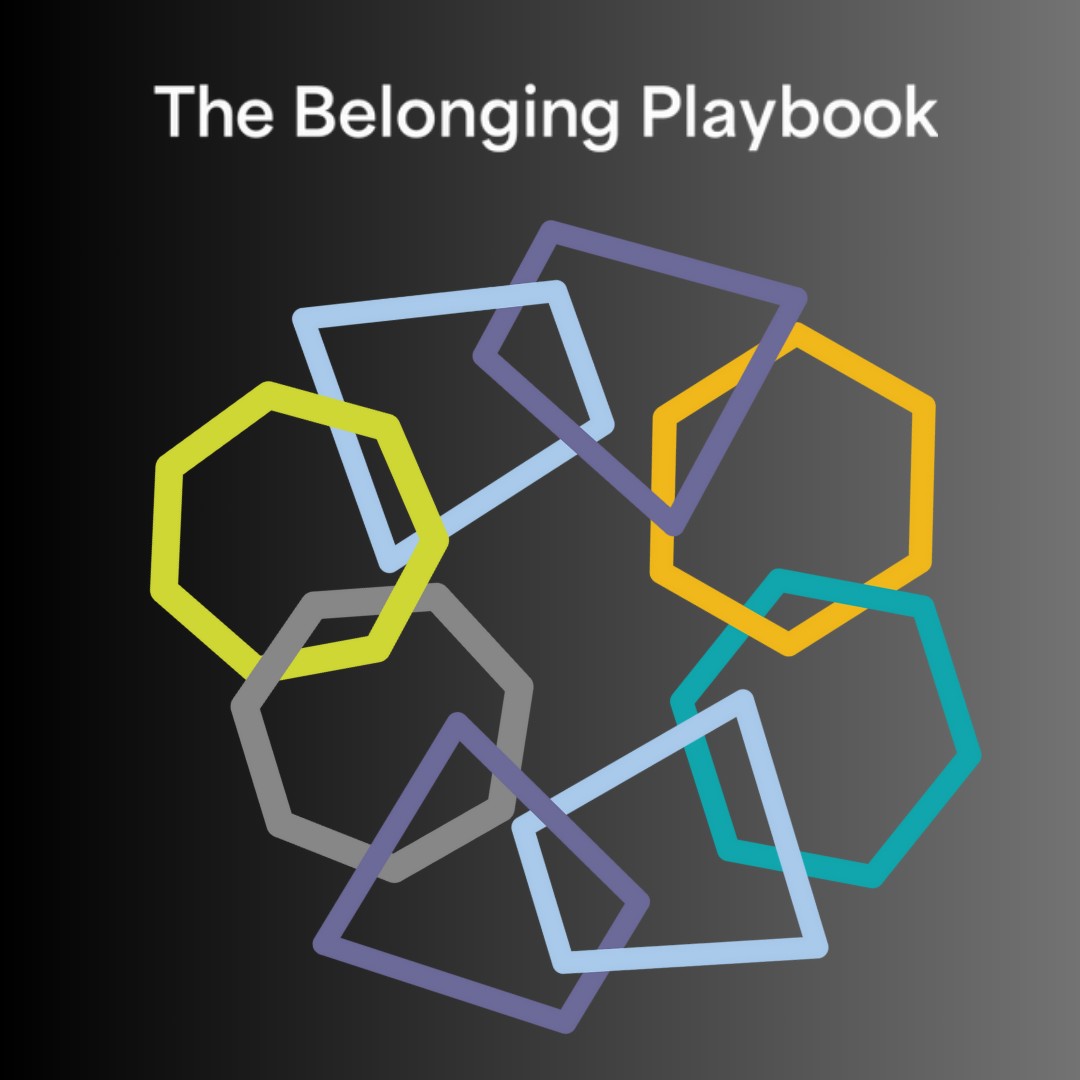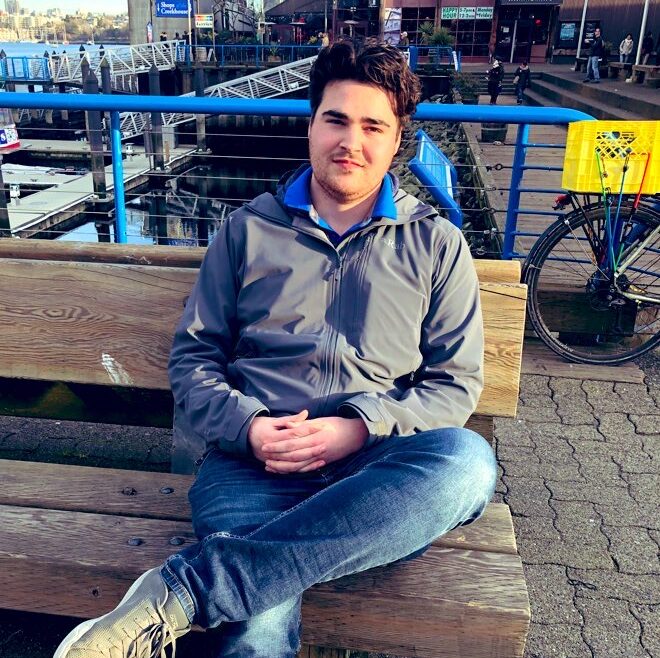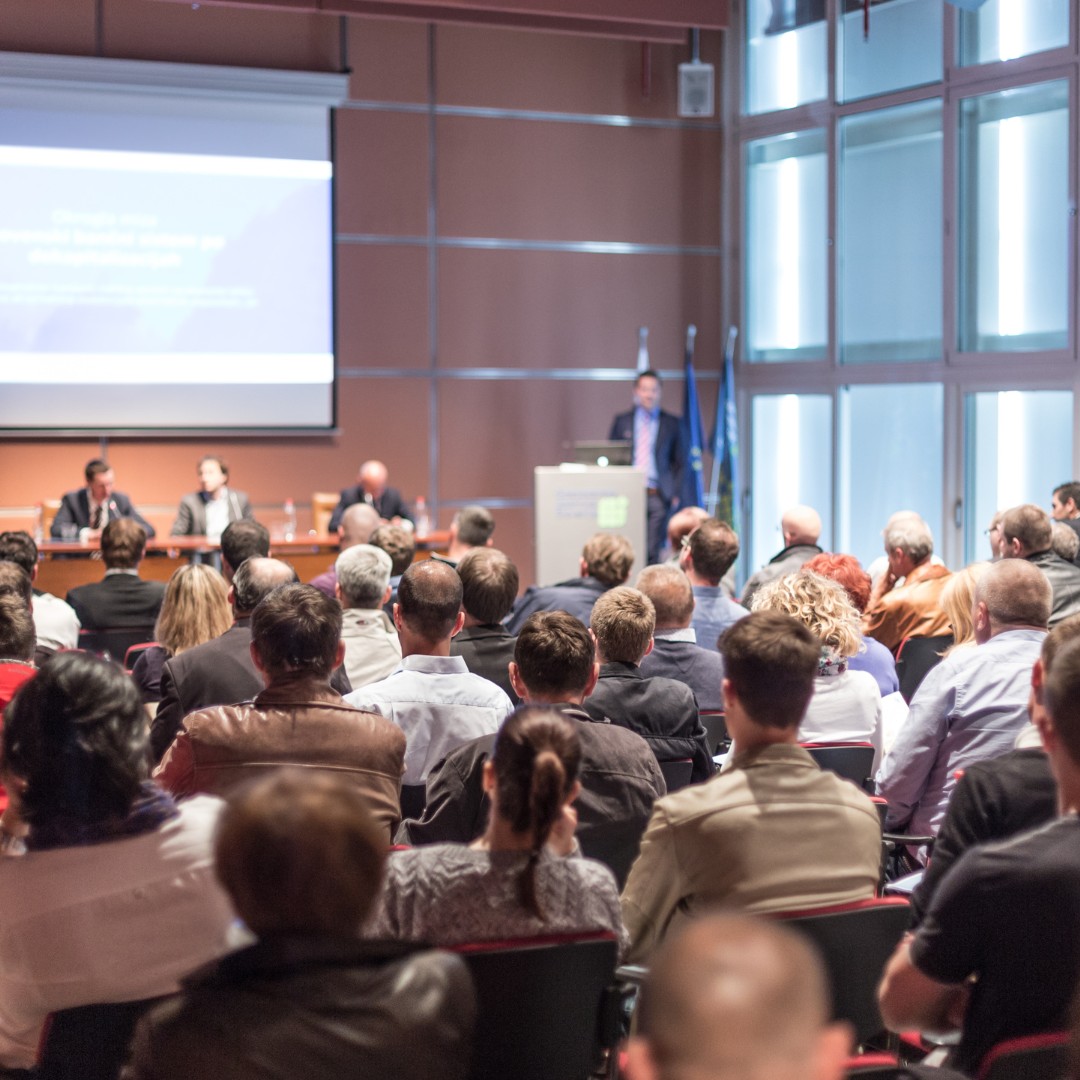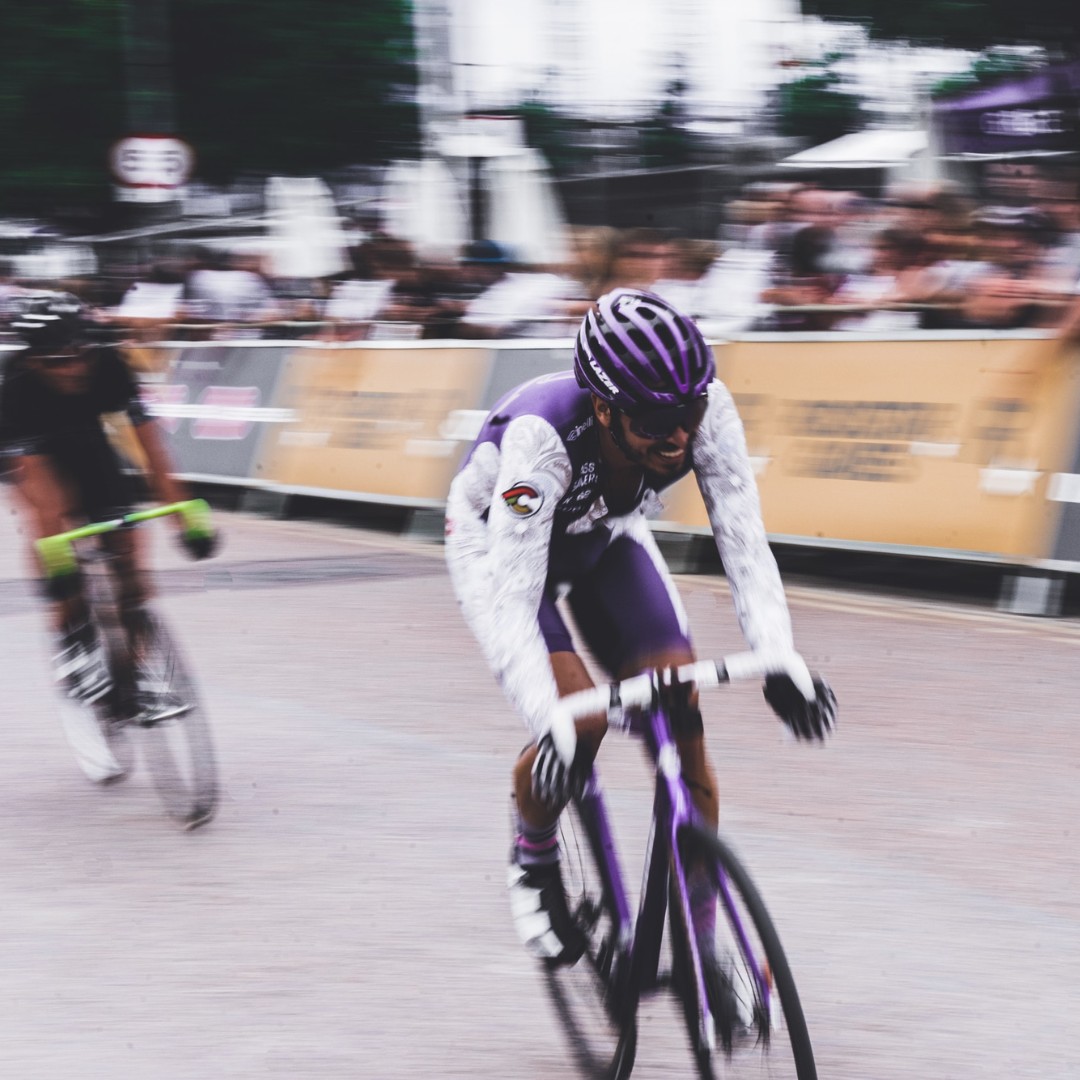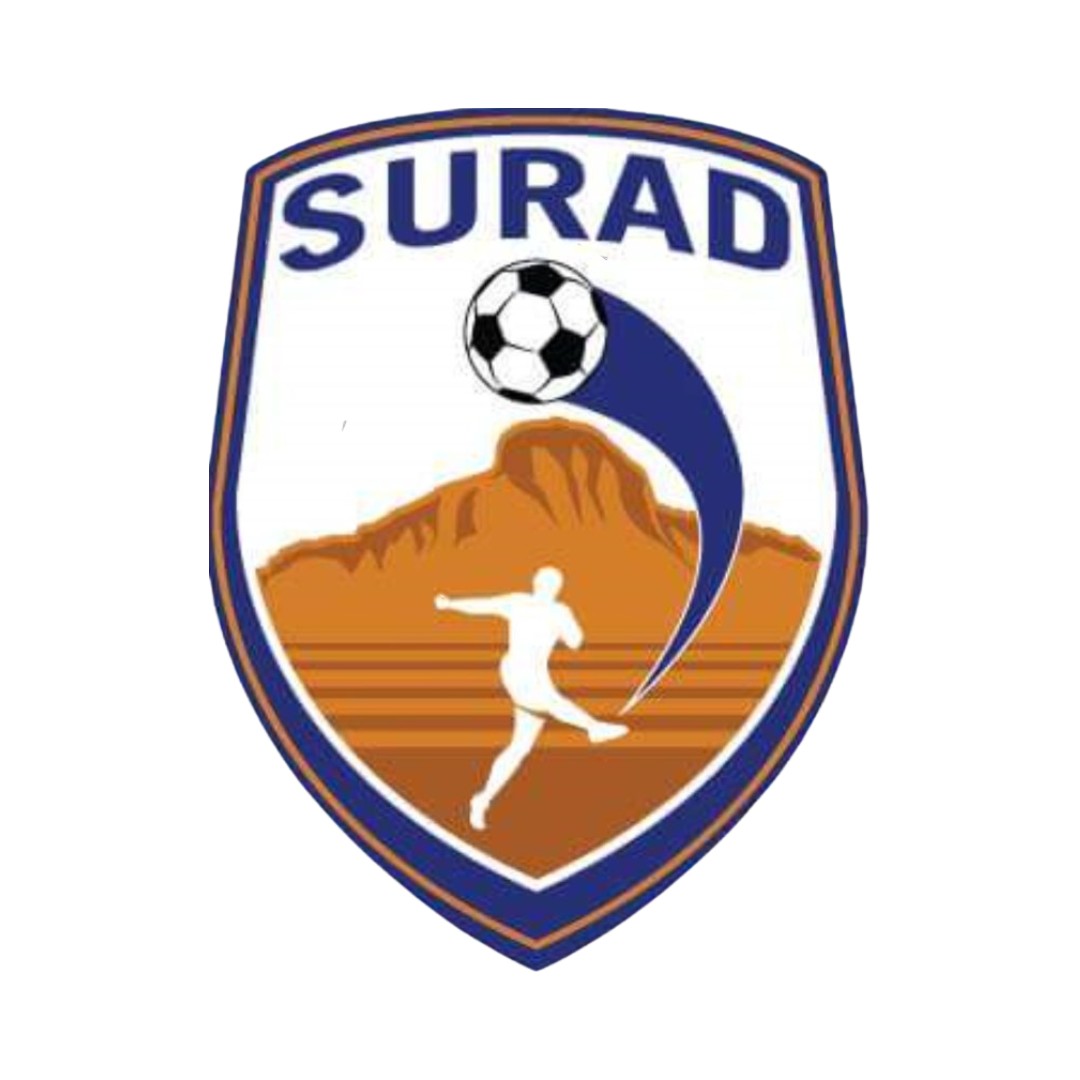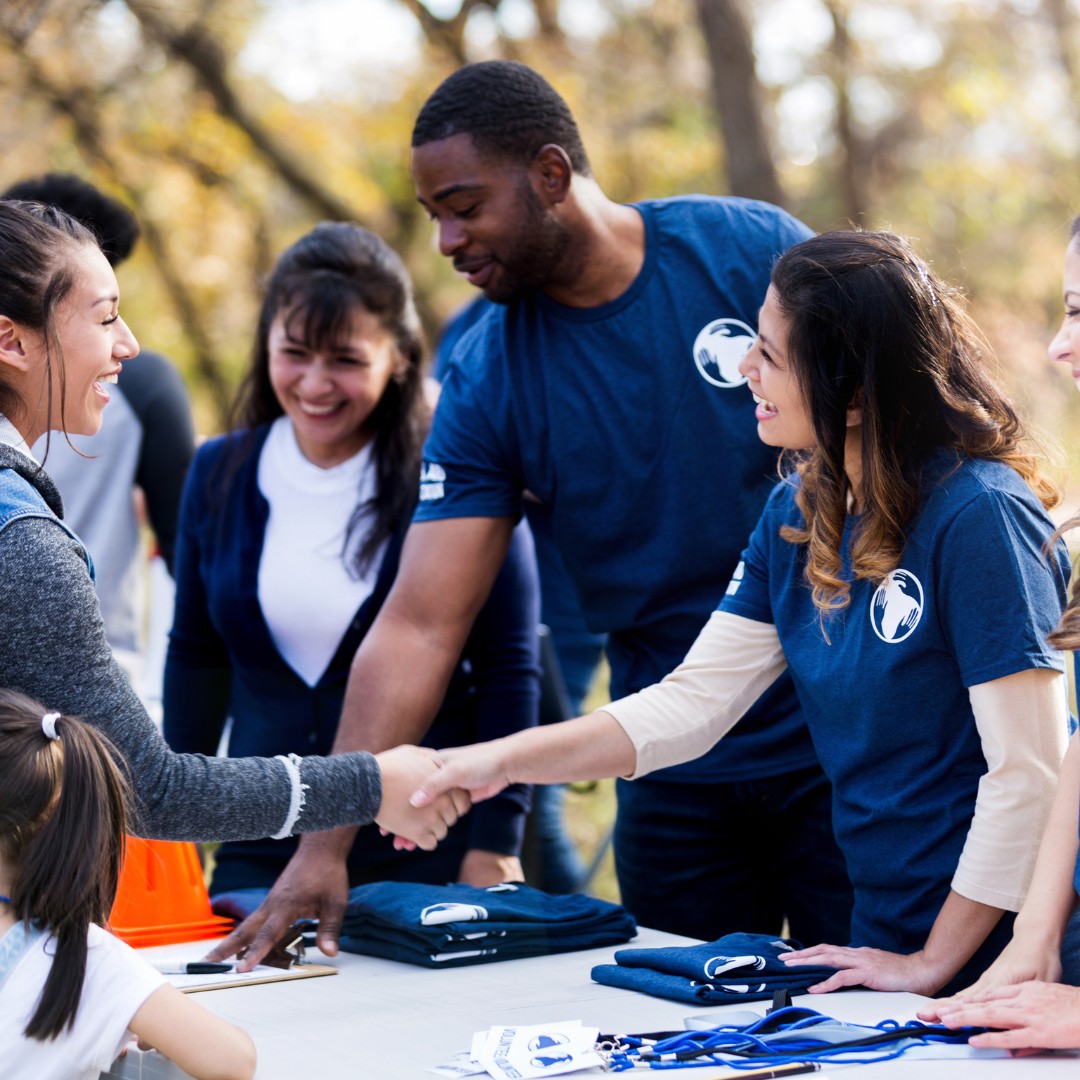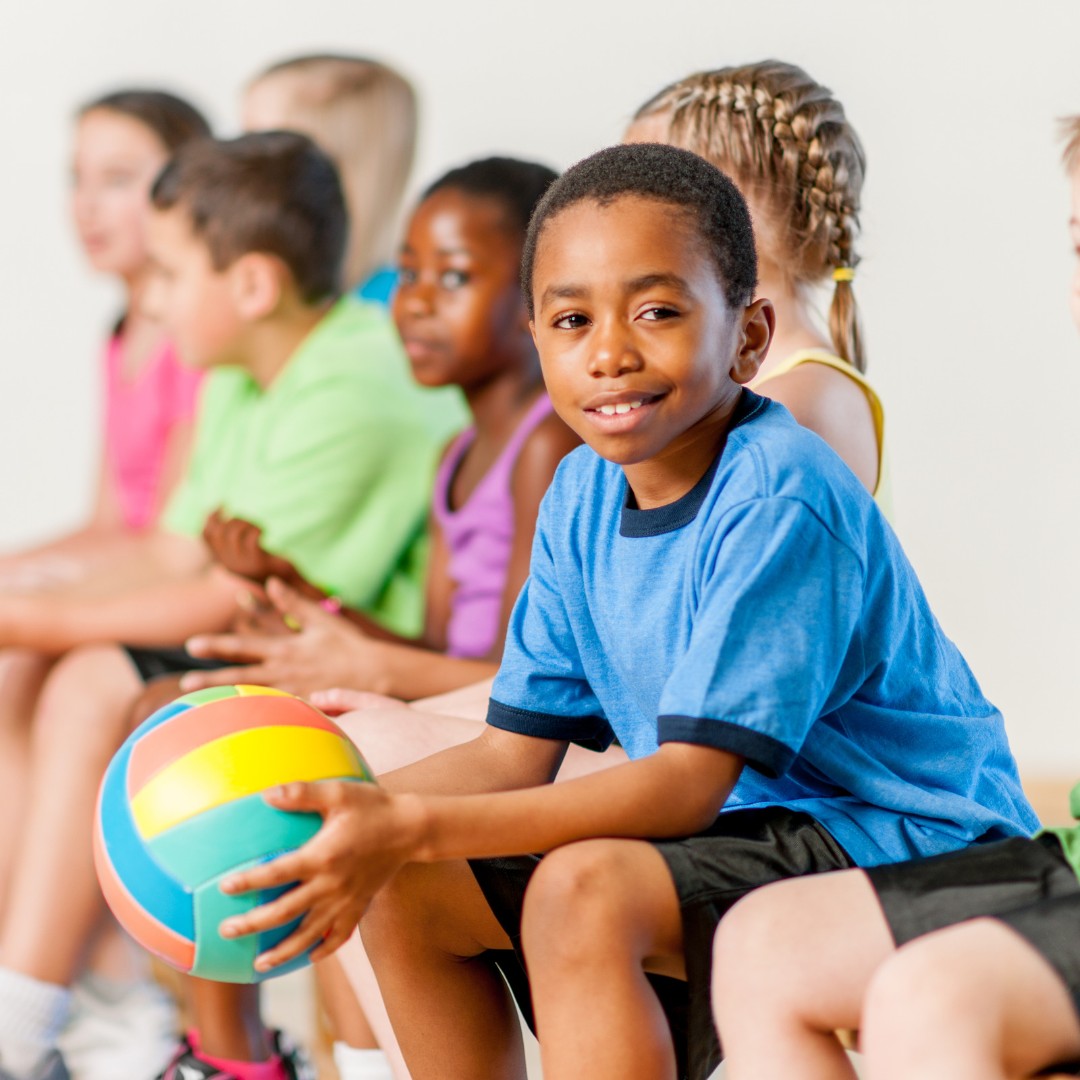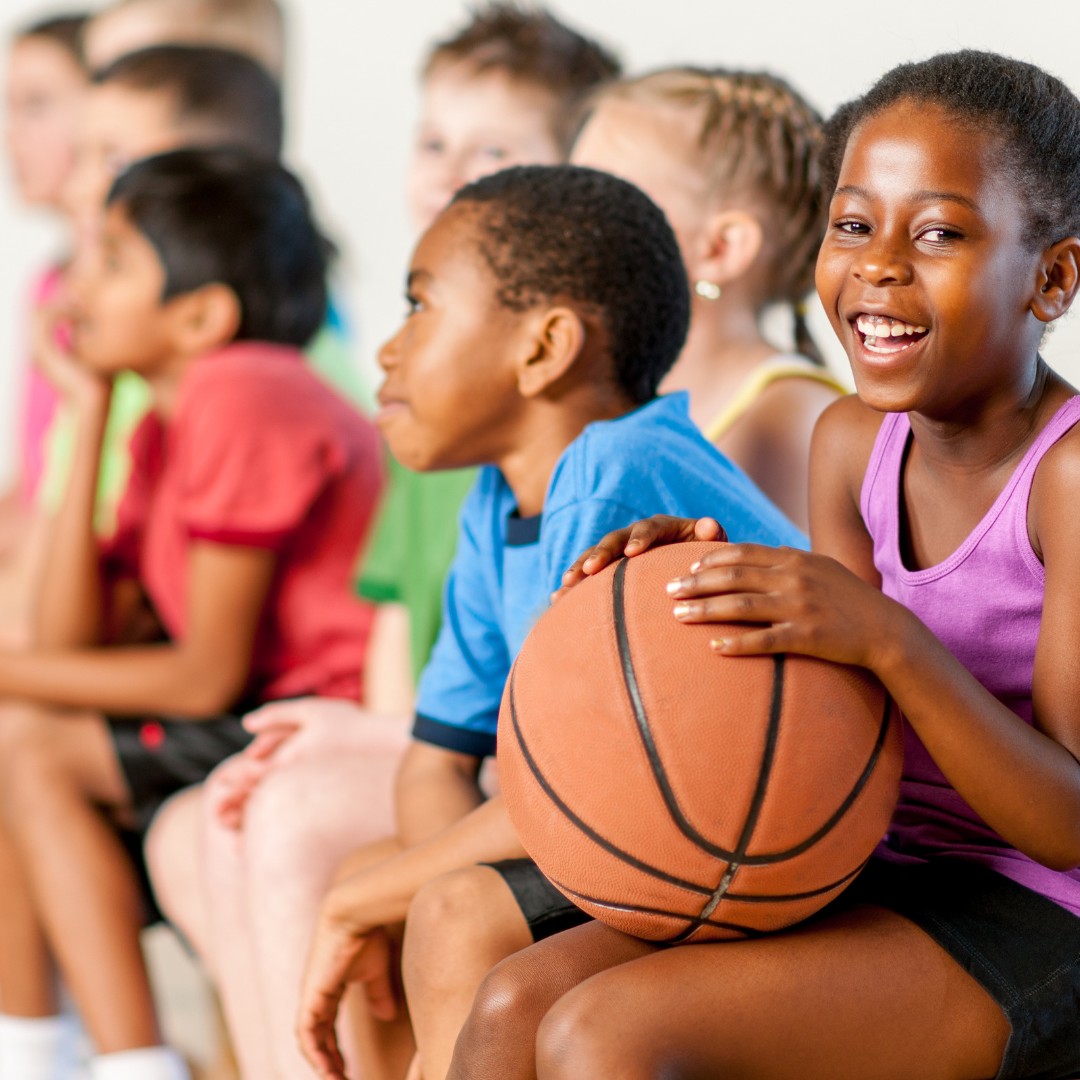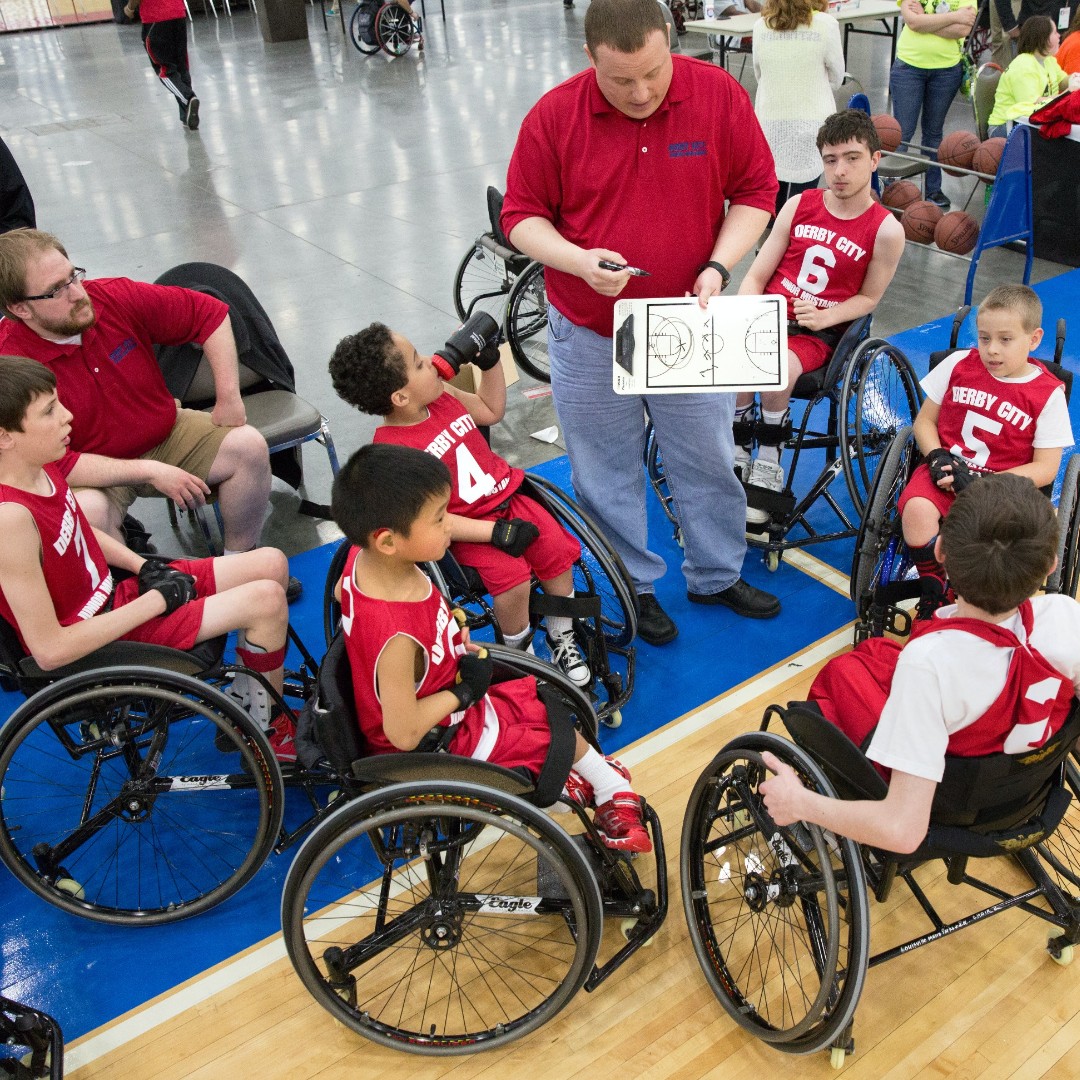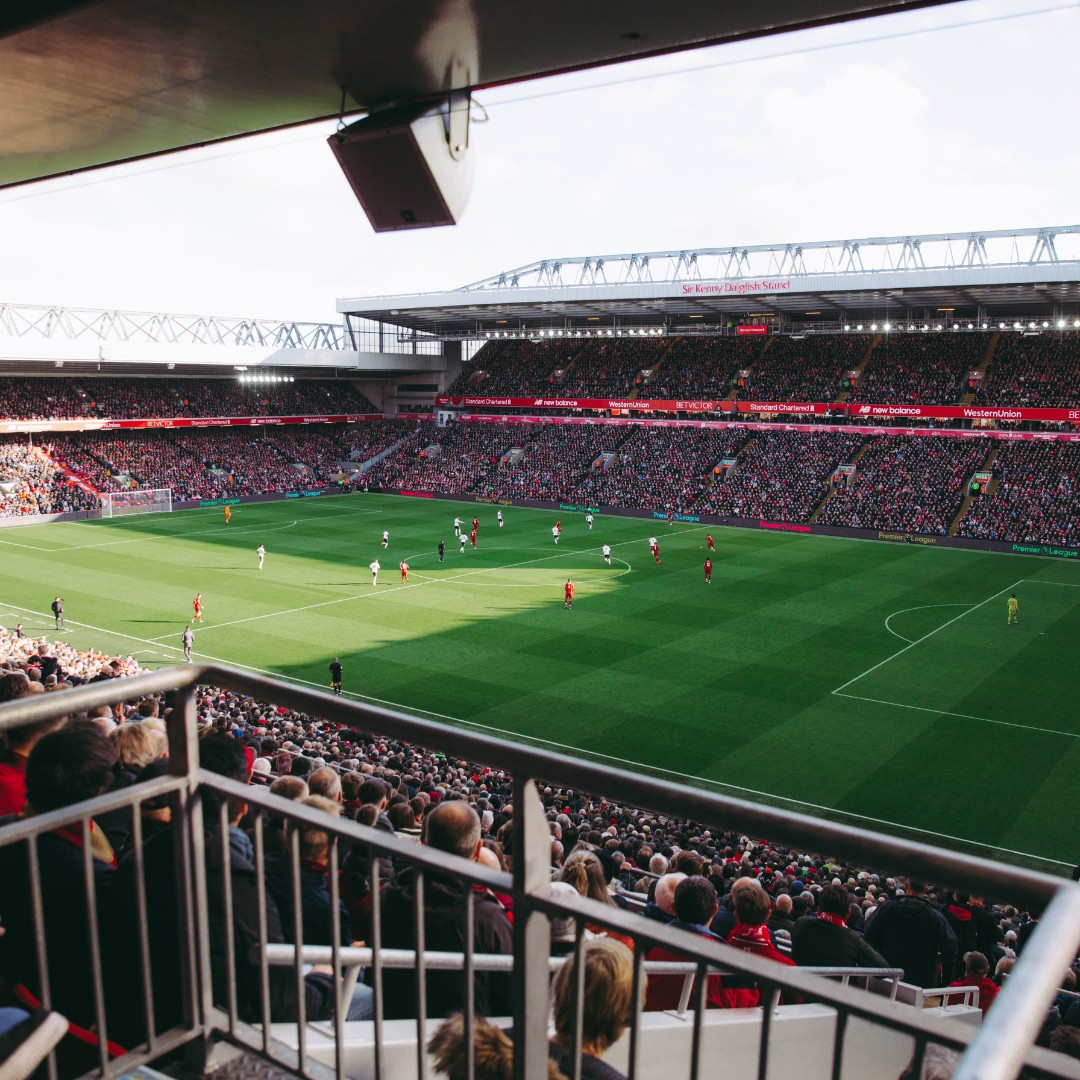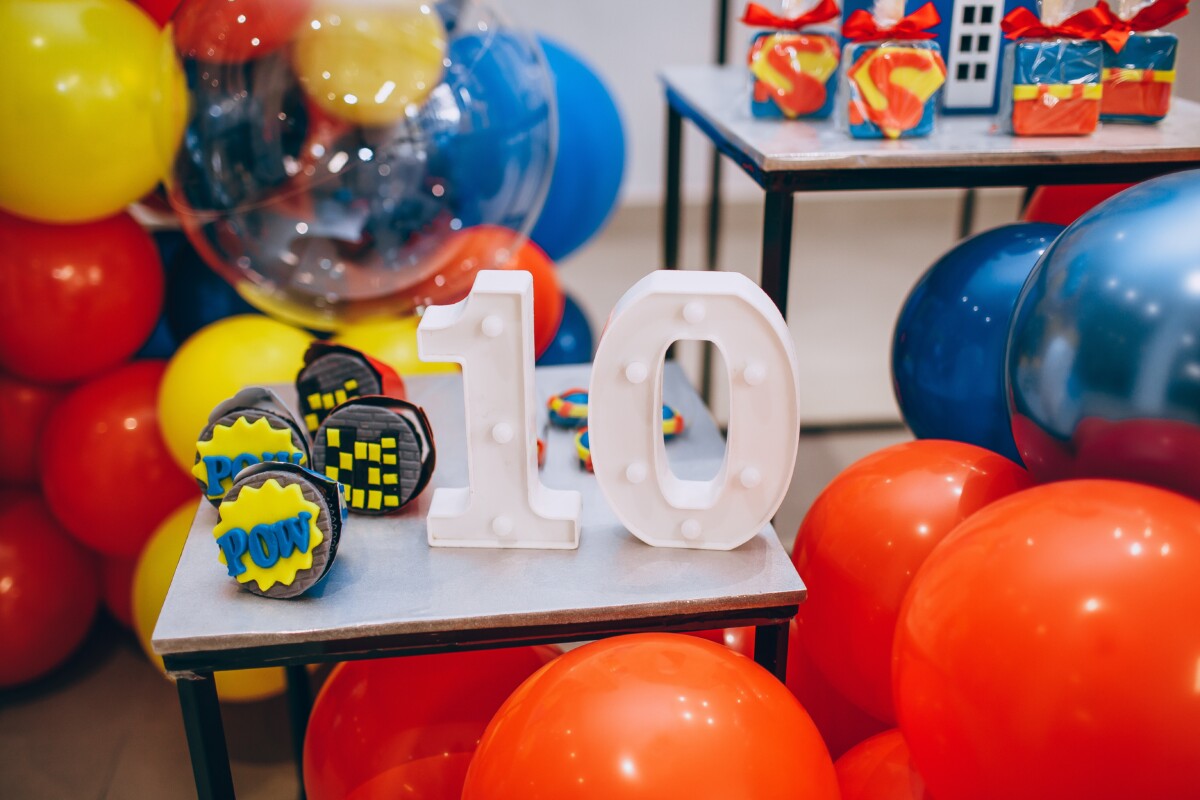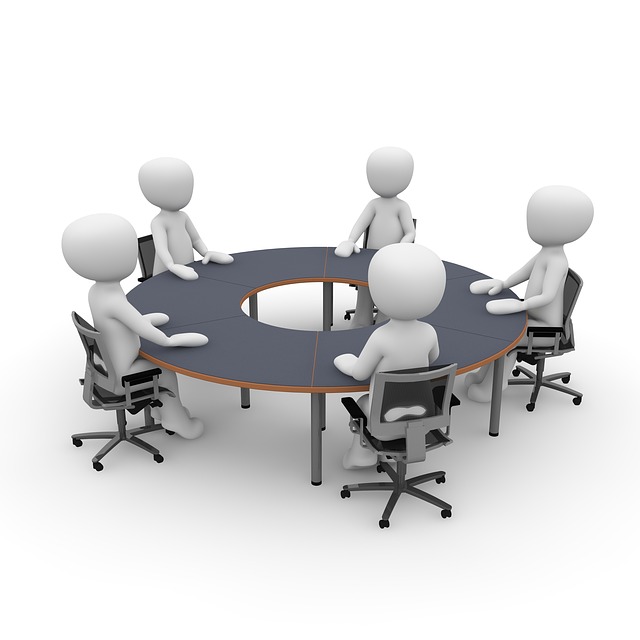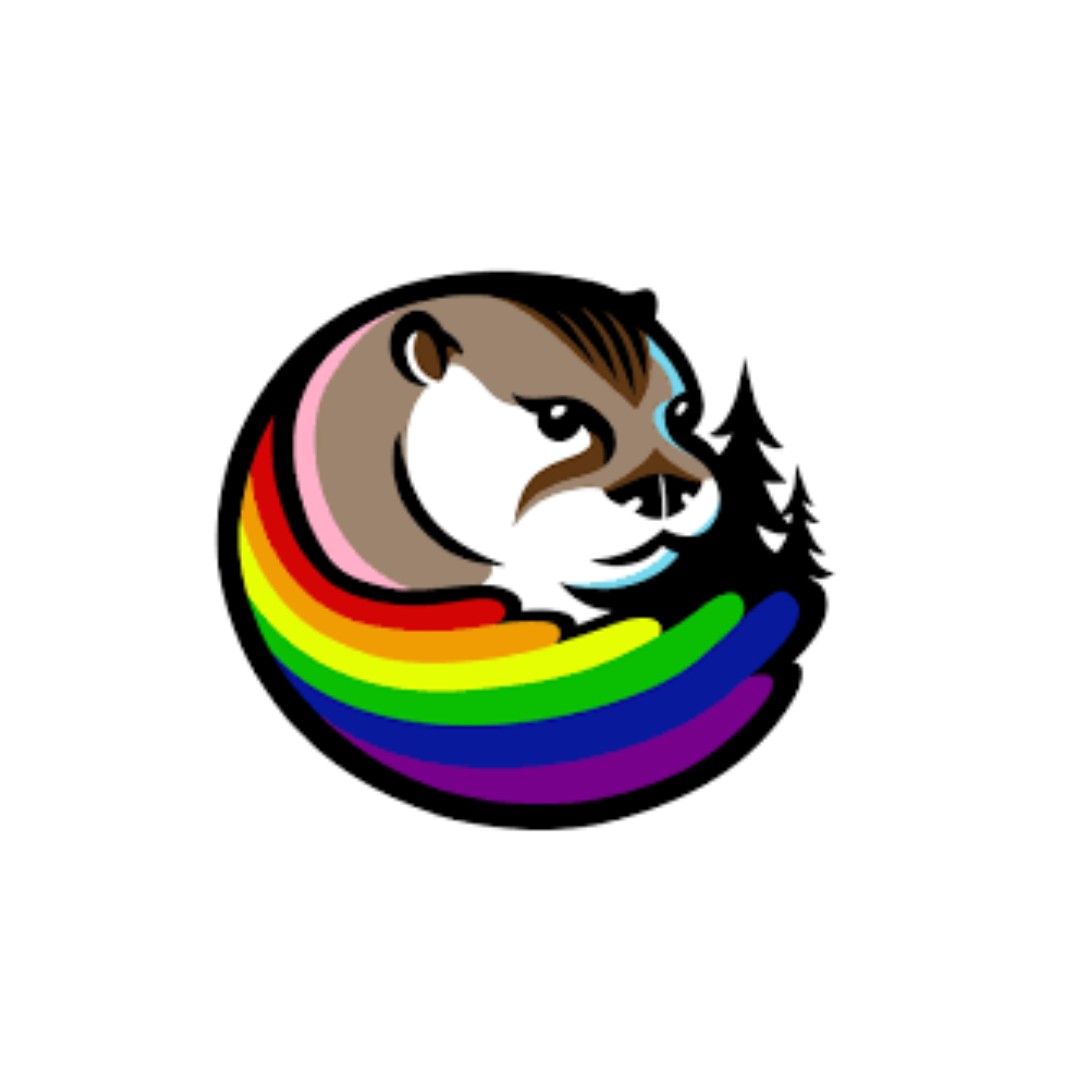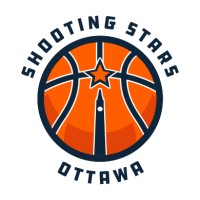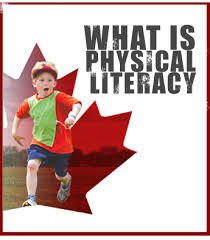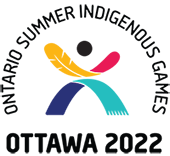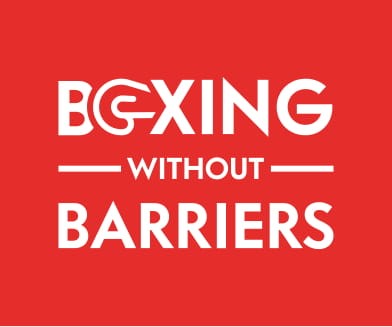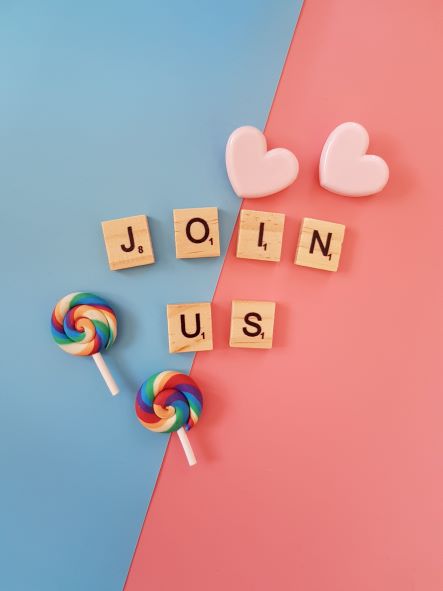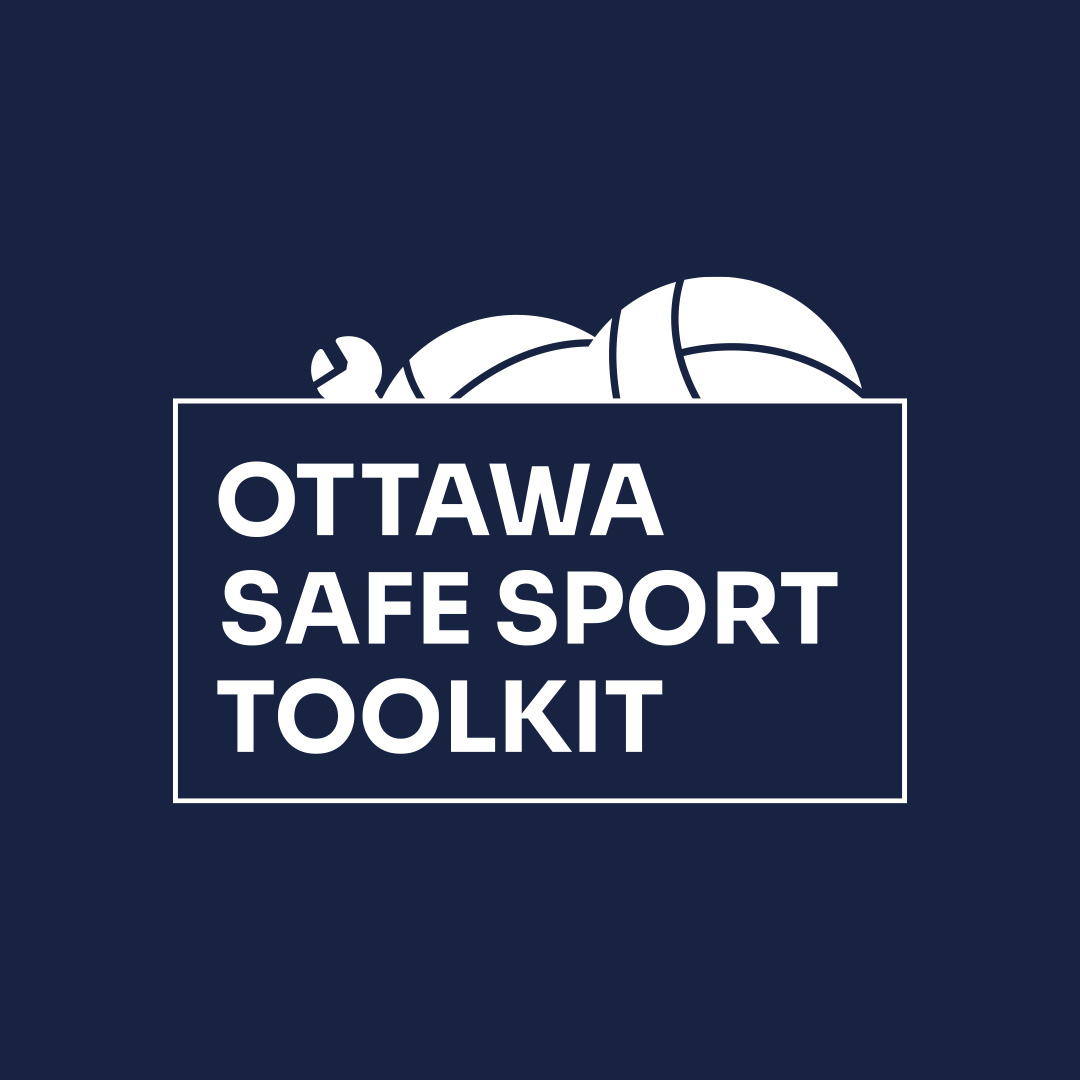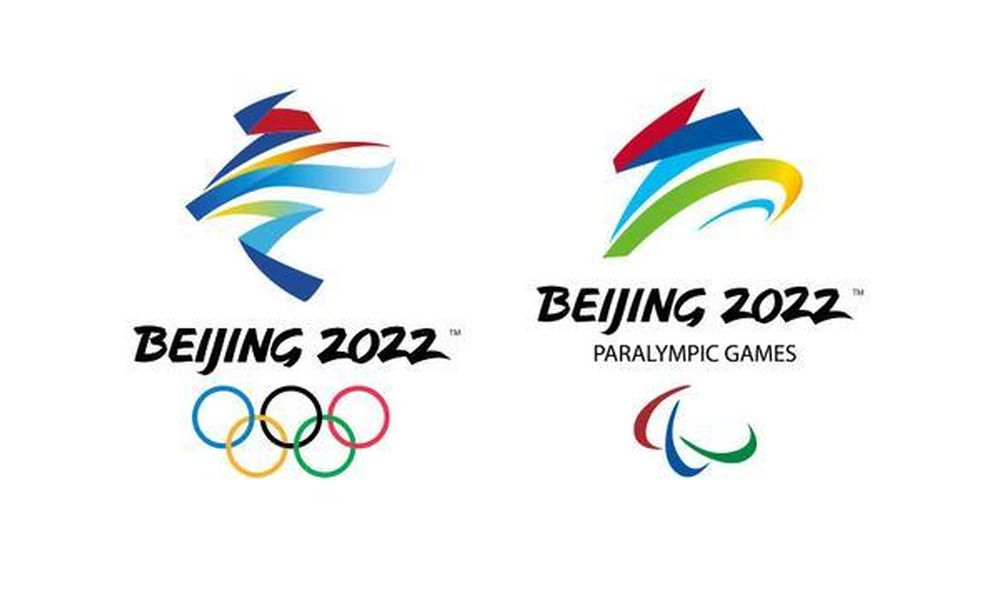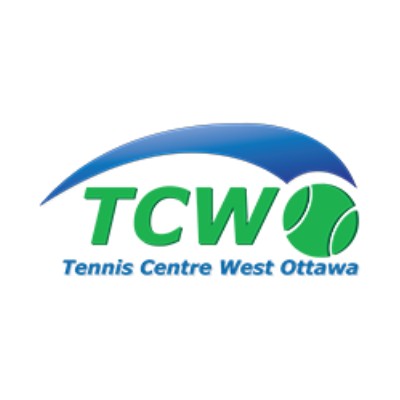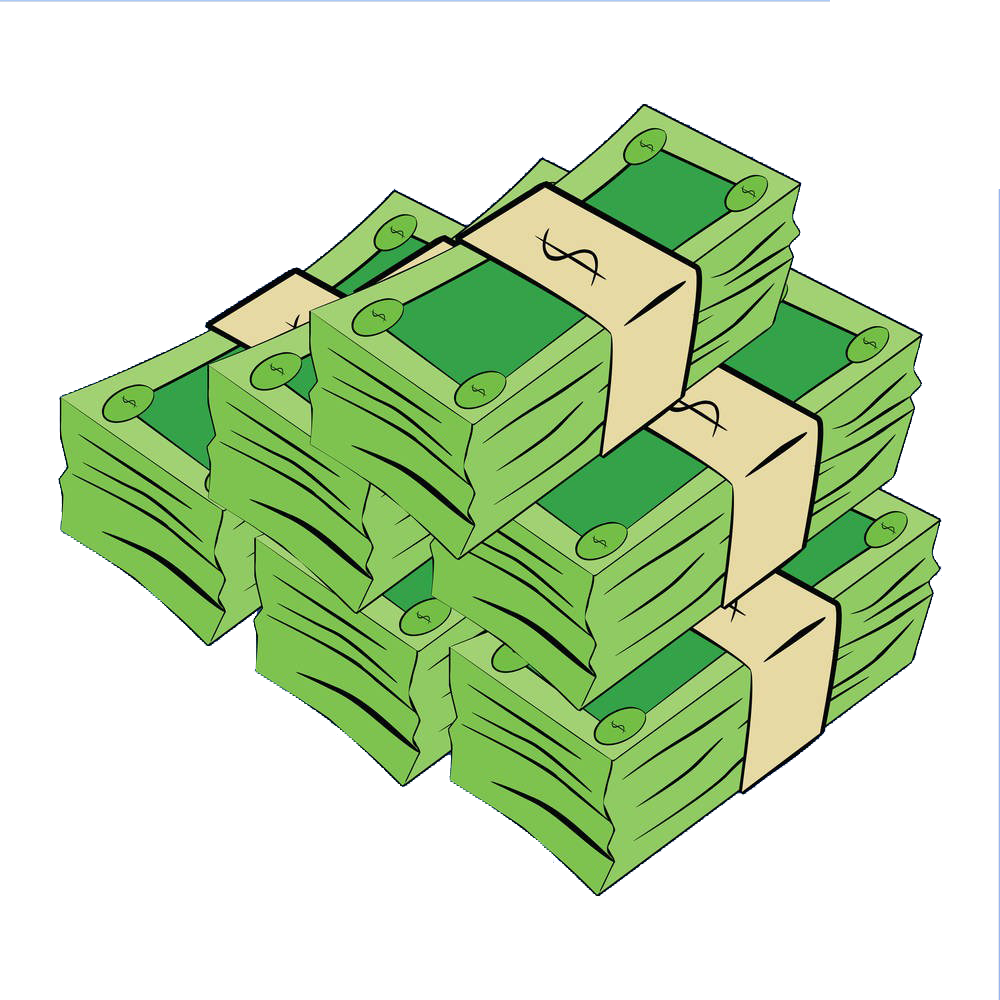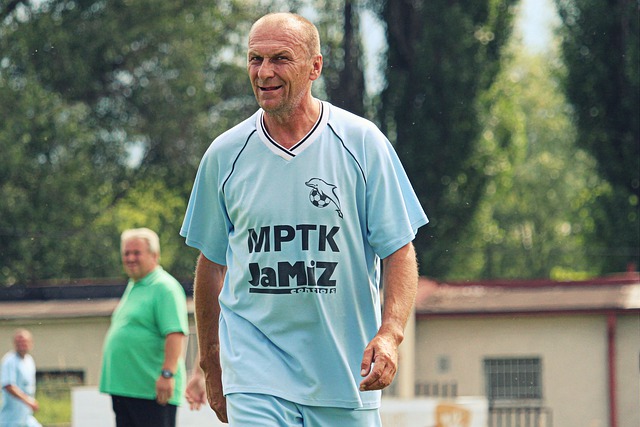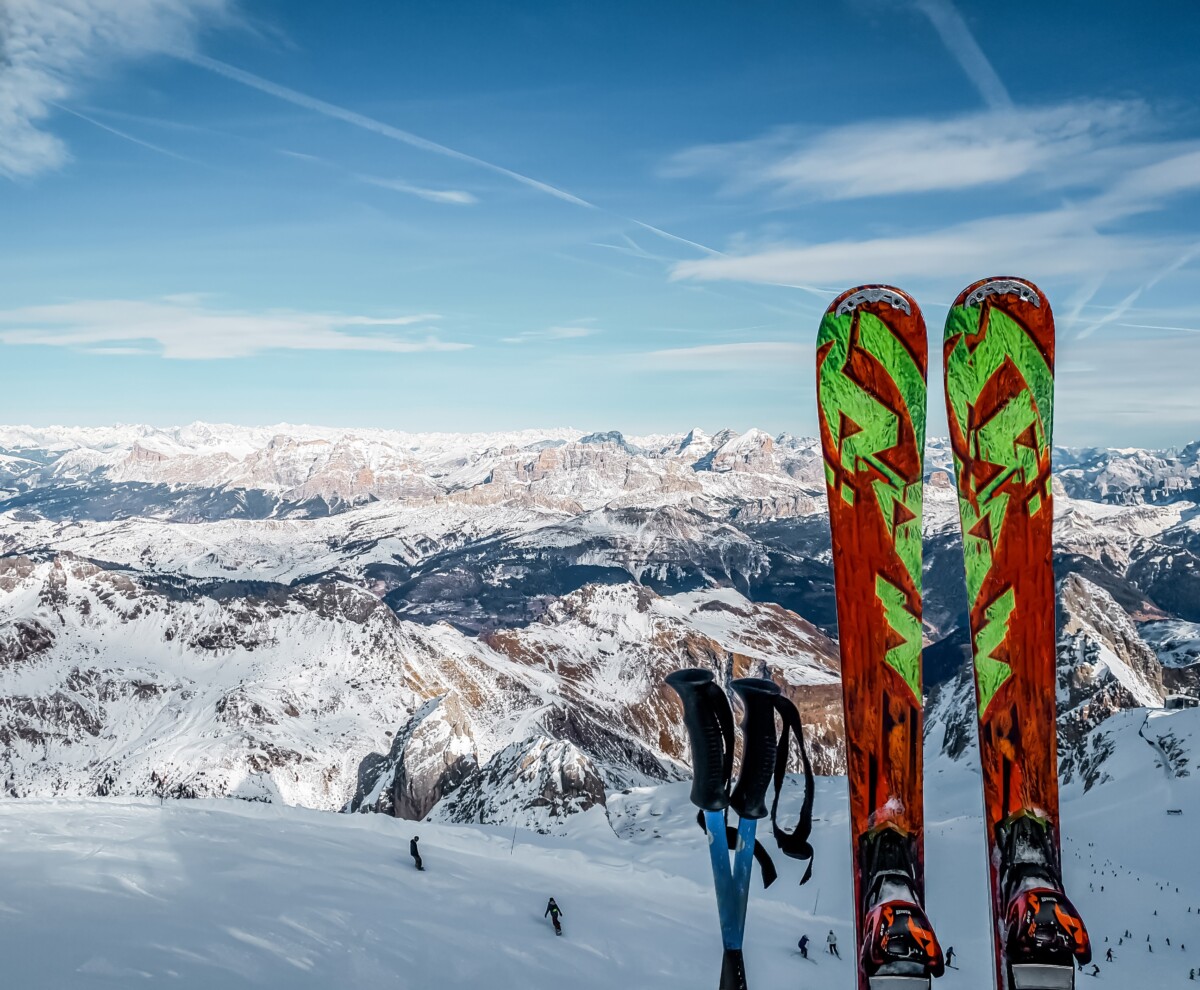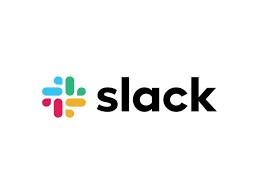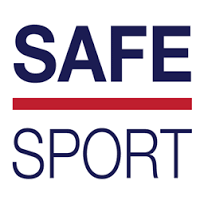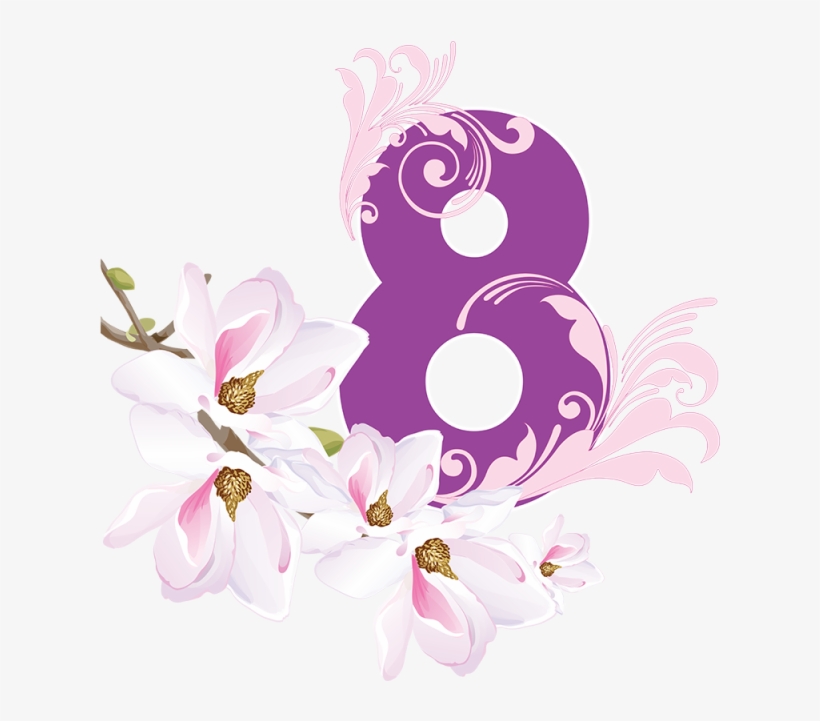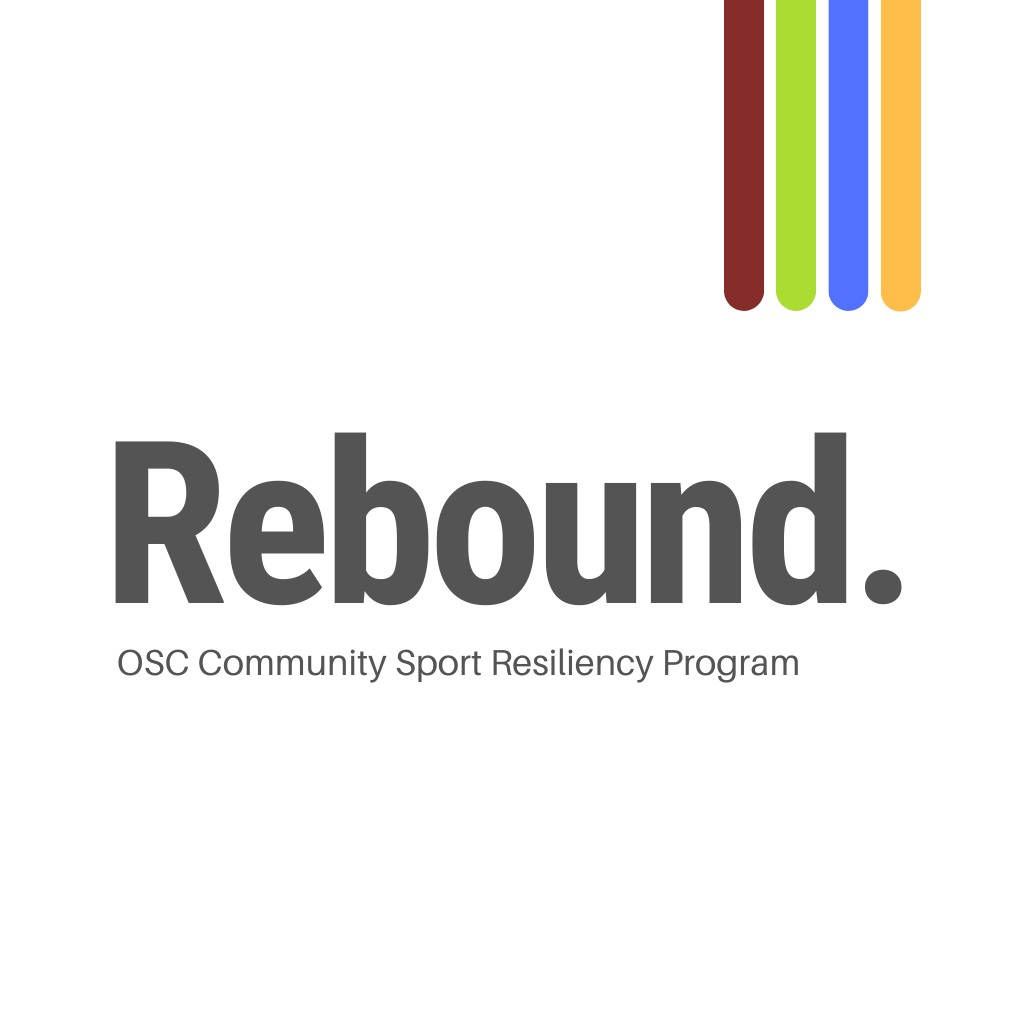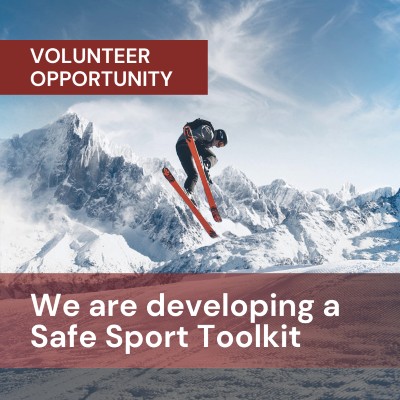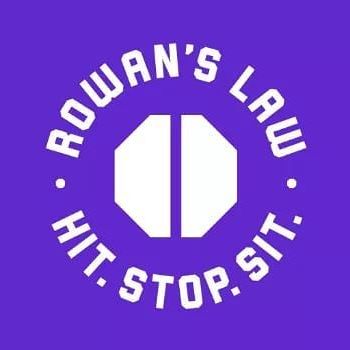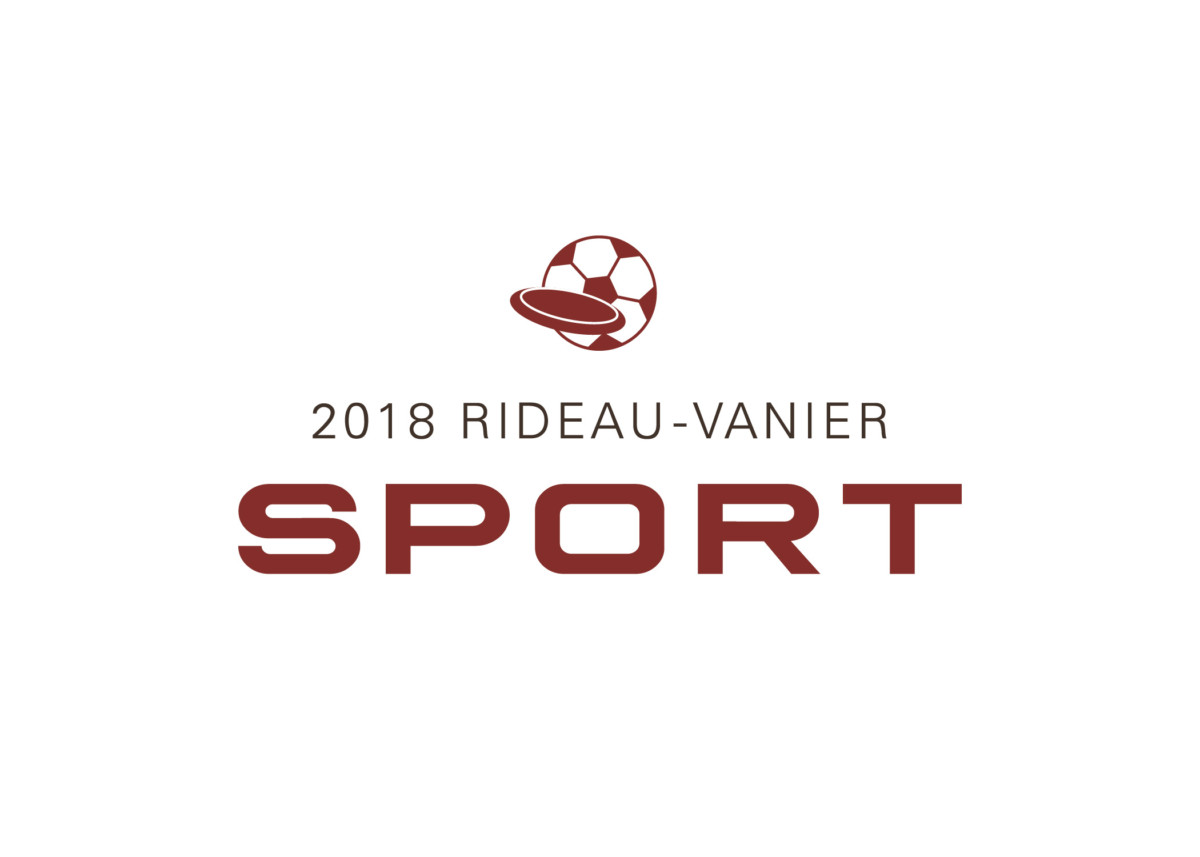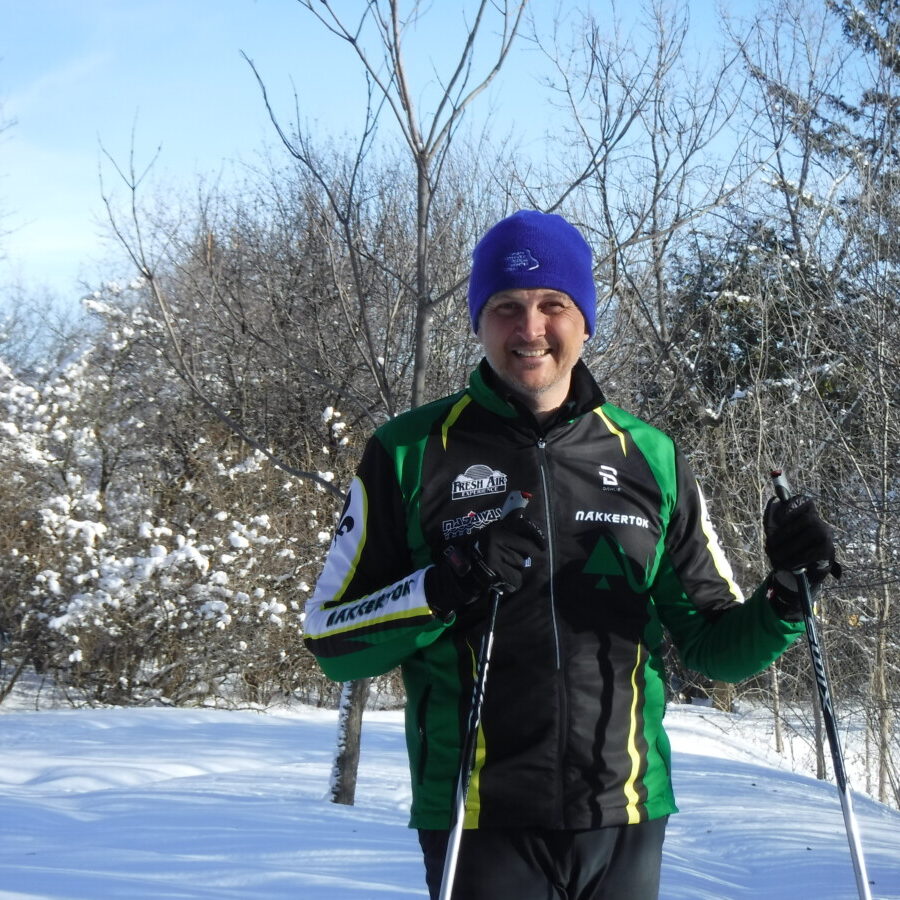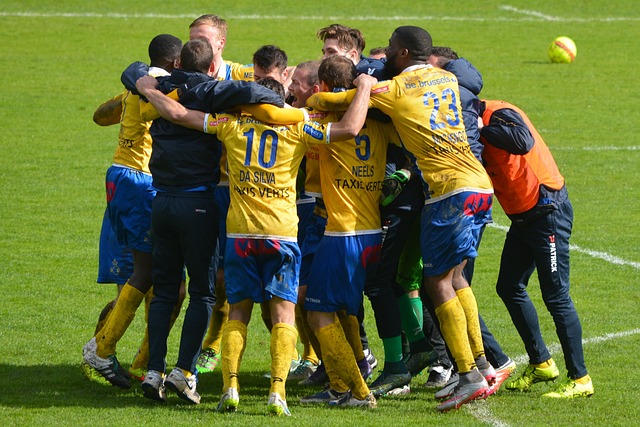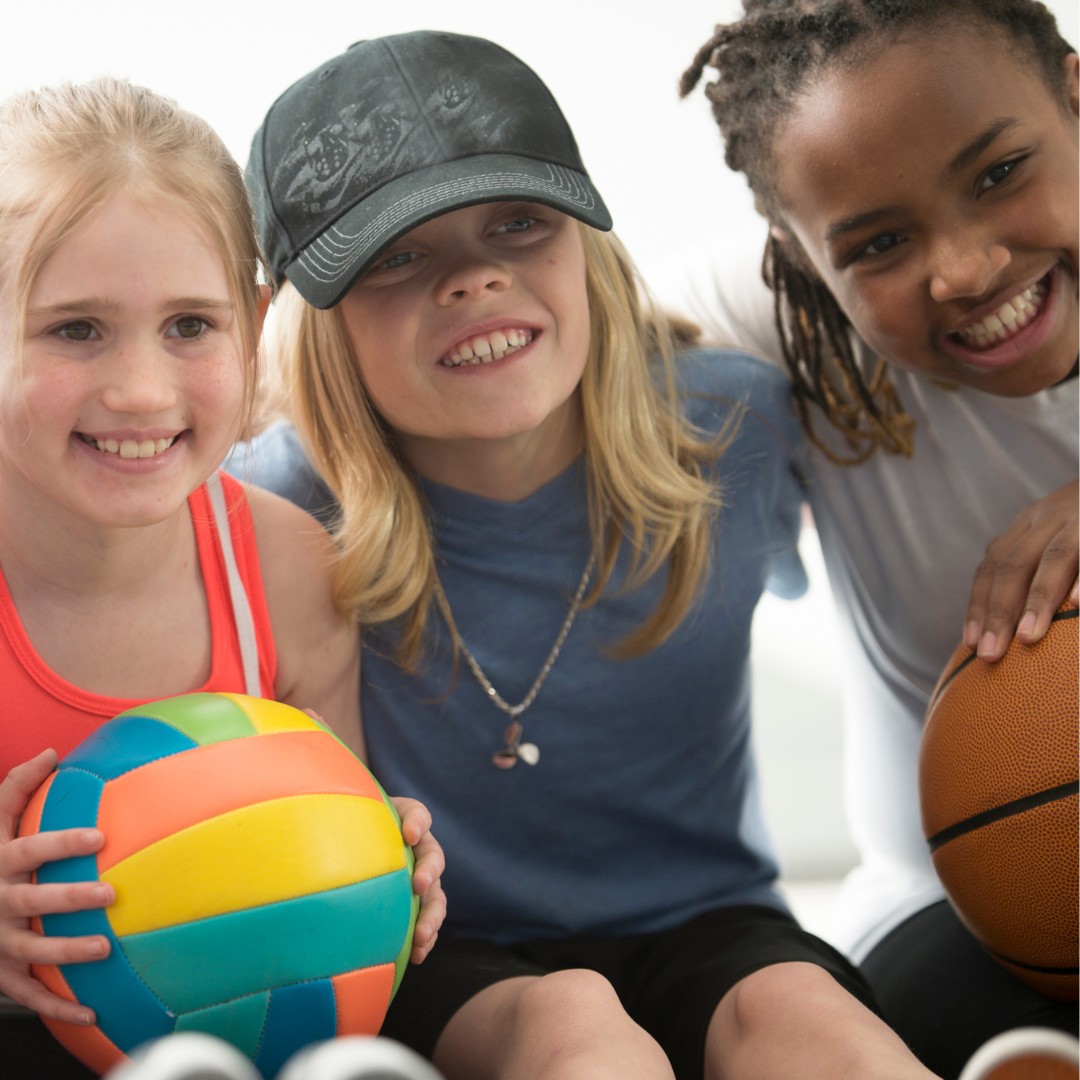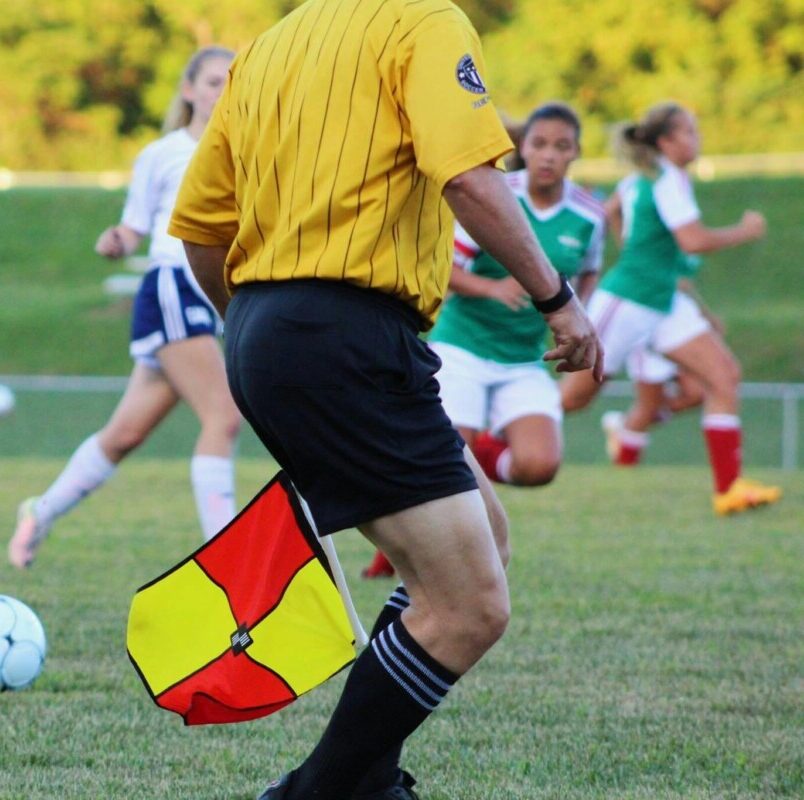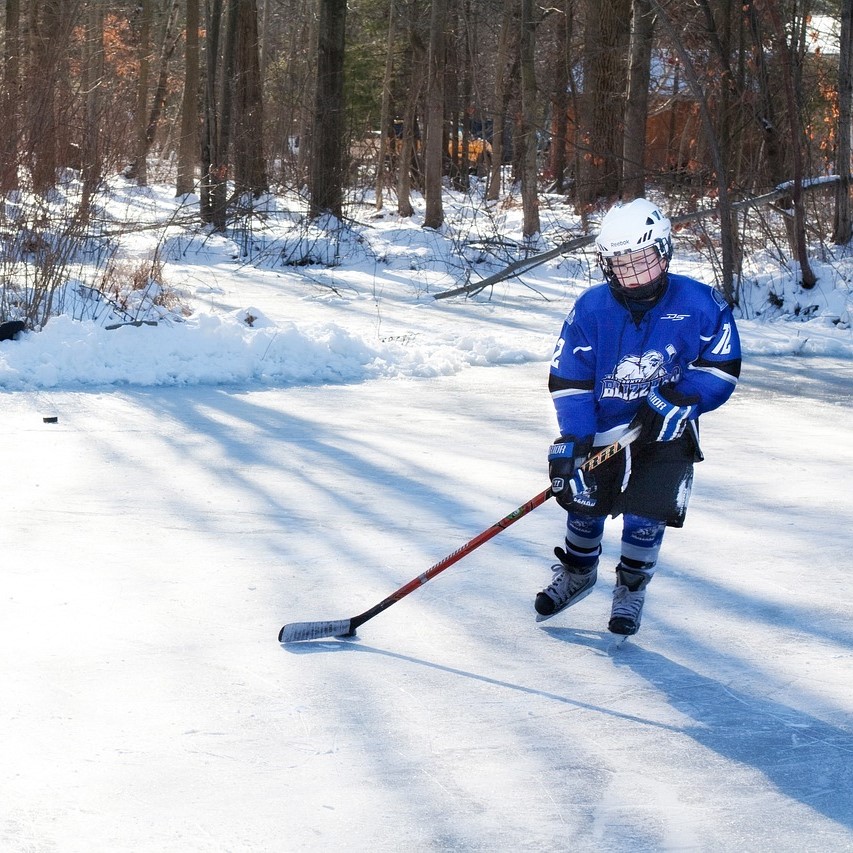The Ottawa Sport Council is seeking two skilled, enthusiastic individuals with a passion for community sport to join our volunteer Board of Directors.
The Ottawa Sport Council is a non-profit organization dedicated to representing sport in the nation’s capital. We strive to create and nurture sport environments that everyone can enjoy, regardless of age, gender, ethnicity, culture, income-level and ability. As an advocate of sport, we work to:
- Champion: The OSC is recognized by the City of Ottawa as a leading voice for amateur sport. We’re committed to representing the interests of community-level sport and driving policy and program improvements to advance those interests.
- Educate: The OSC is committed to providing a range of relevant and timely educational resources, including information about current best practices and targeted materials for community-level sport participation.
- Connect: The OSC is a facilitator of collaboration and partnerships amongst local amateur sport groups. We create and foster opportunities for organizations to work together, share ideas and combine resources.
OSC is committed to creating an inclusive and diverse environment. All qualified applicants will receive consideration without regard to race, ancestry, place of origin, colour, ethnic origin, citizenship, creed, sex, sexual orientation, age, marital status, family status or disability.
The Ottawa Sport Council operates within a Competency Governance Model. Currently we are seeking two candidates with the following skills to join our Board:
- An individual with experience in administration in a paid or volunteer setting with strong organizational and notetaking skills to join our Board as Secretary. The Secretary ensures that the Board is well informed and that its activities are well documented for the use of Board members, and relevant government bodies. Specific to this role, the Board secretary is responsible for keeping record of Board attendance at meetings; recording all motions and decisions of meetings; and distributing copies of Board Minutes and actions to Board Members promptly after meetings.
- An individual with strong communications and public relations experience. This individual will support and advise on the communications component of our strategic plan. Specific to this role, the communications board member is responsible for providing guidance to OSC staff or contractors on communications objectives, as required. Subject matter areas may include, but are not limited to: media relations, digital and social media, stakeholder relations, emerging issues, and special events.
In addition, all Board Members have the following responsibilities:
- guidance and leadership to the Executive Director for implementation of strategic and operational plans;
- review of agenda and supporting materials prior to board meetings;
- approval of annual budget and audit reports;
- representation of the Ottawa Sport Council to stakeholders
- champion of the organization and of community sport
A passion for community sport and an understanding of its importance to Ottawa is essential for both roles. The ability to communicate effectively in both official languages is a strong asset.
Board Term:
The Board term is two years. The Ottawa Sport Council Board meets in person or by teleconference (after work hours) 4-8 times per year.
Eligibility:
Any individual, who is eighteen (18) years of age or older, who is a resident of Canada as defined in the Income Tax Act, who has the power under law to contract, who has not been declared incapable by a court in Canada or in another country, and who does not have the status of bankrupt, may be nominated for election as a Director.
Expression of Interest:
Please send a CV plus statement of interest to Marcia Morris, Executive Director, Ottawa Sport Council by May 10, 2024.
